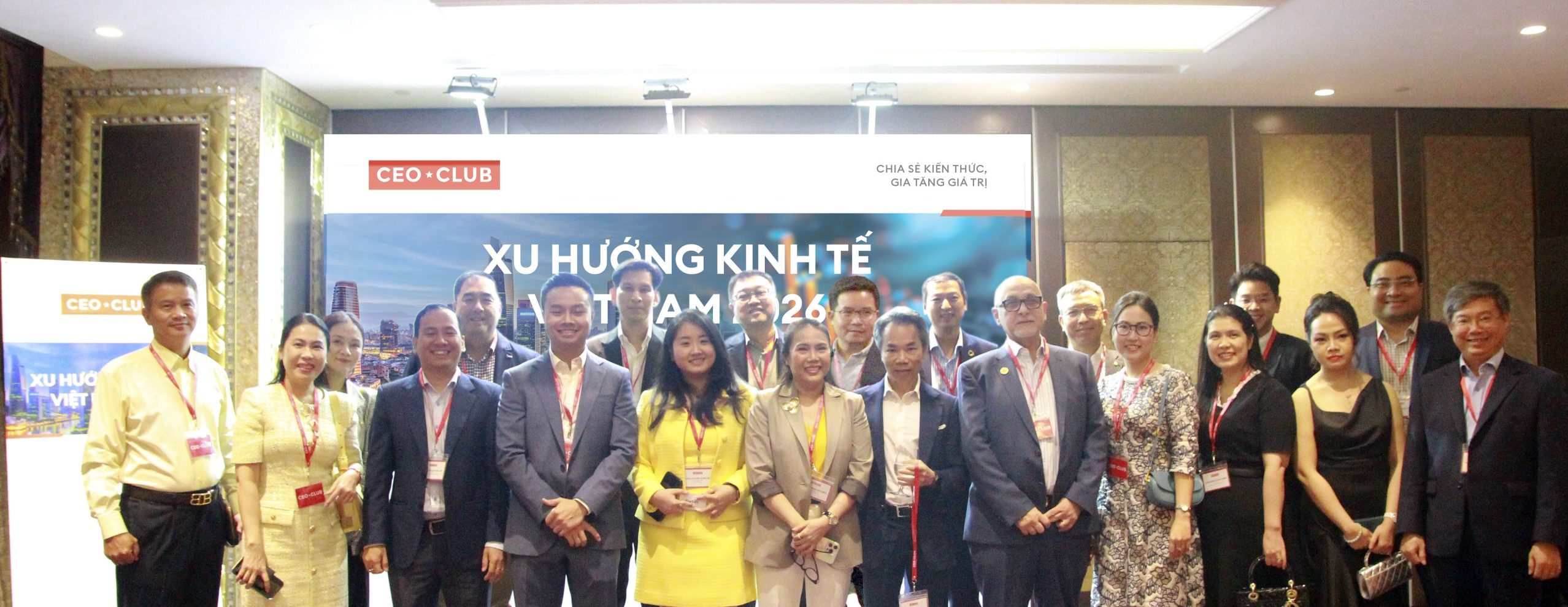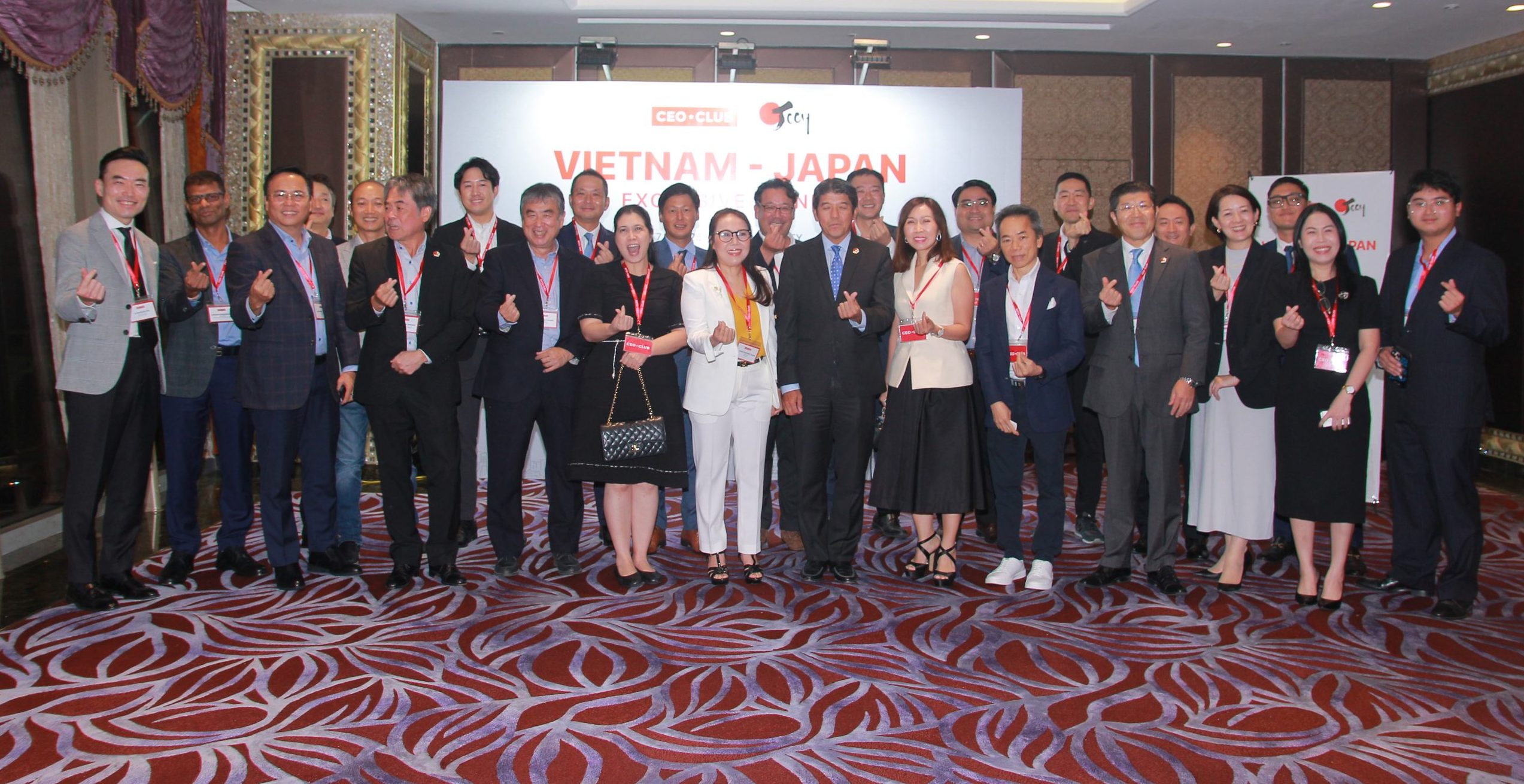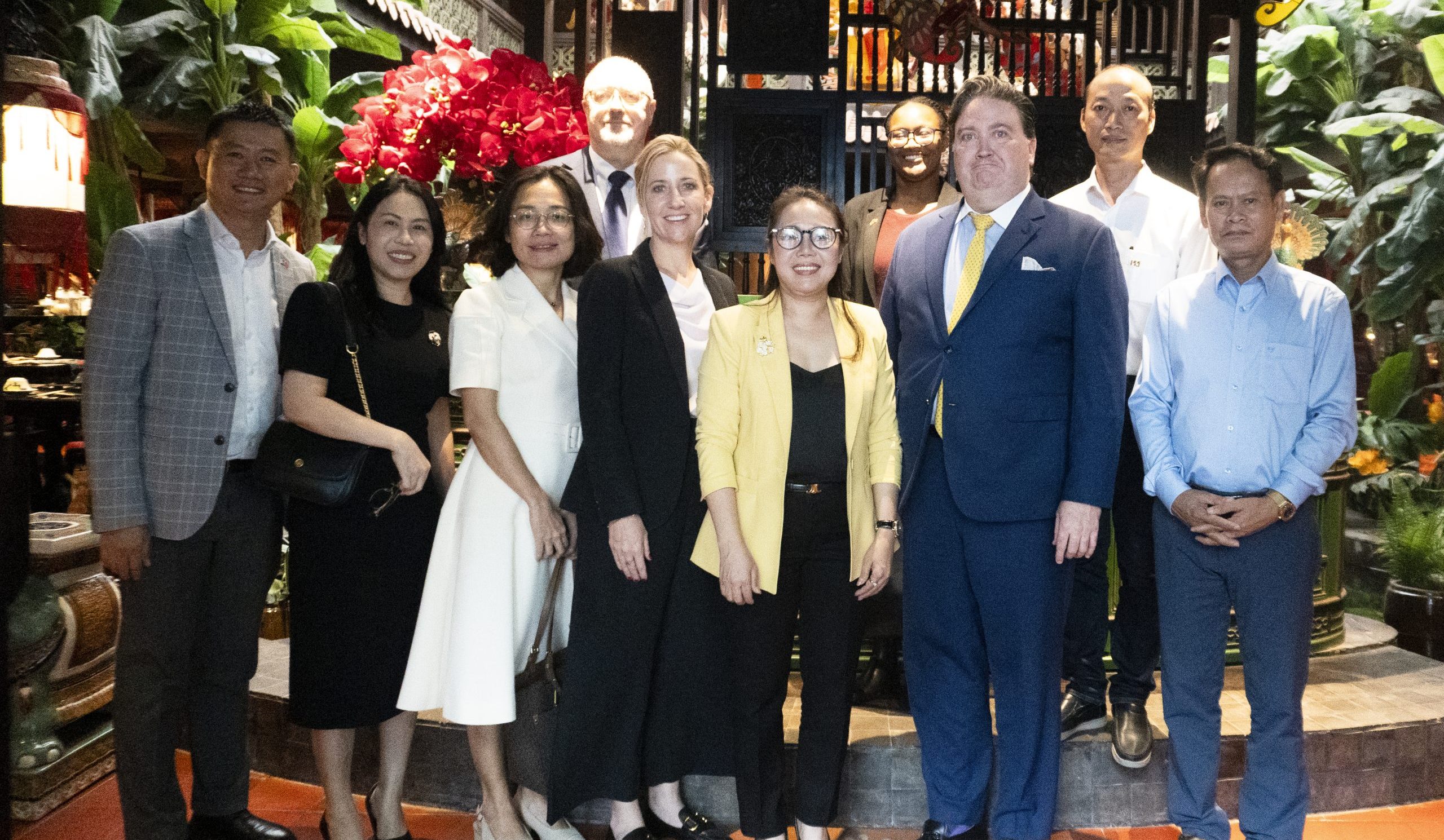CNN – Microsoft CEO Satya Nadella said during the World Economic Forum in Switzerland on Tuesday that he is “hopeful” and “optimistic” about the future of artificial intelligence, but that countries should be on the same page when it comes to embracing a set of industry standards.

Satya Nadella, Chairman and Chief Executive Officer of Microsoft, attends a panel session at the 54th annual meeting of the World Economic Forum, WEF, in Davos, Switzerland, Tuesday, Jan. 16, 2024. The meeting brings together entrepreneurs, scientists, corporate and political leaders in Davos under the topic “Rebuilding Trust” from Jan. 15 to Jan. 19, 2024.
In a conversation with Klaus Schwab, chairperson of the World Economic Forum, Nadella discussed where he believes the AI industry is headed and how global safety guardrails needed.
He also highlighted some of Microsoft’s most recent developments in the space.
“As a digital technology industry, the biggest lesson learned perhaps for us is that we have to take the unintended consequences of any new technology along with all the benefits,” Nadella said. “[We have to] think about them simultaneously as opposed to waiting for the unintended consequences to show up and then address them.”
Although AI has the potential to supercharge productivity, creating a new era of possibly better jobs, better education and better treatments for diseases, it’s also raised concerns about increasing unemployment, misleading people and possibly bringing about the end of humanity as we know it.
Many in Silicon Valley seem to hold both sets of views at once. In an interview with CNN’s Fareed Zakaria on Tuesday, Bill Gates acknowledged concerns that 40% of jobs around the world could be affected by the rise of AI, but also said he believes history shows with every new technology comes fear and then new opportunity.
These comments come as AI companies and lawmakers continue to call for sweeping regulations of the technology.
Nadella said he believes a global regulatory approach would be “very desirable.”
“These are global challenges and require global norms and standards,” he said. “Otherwise, it’s going to be very tough to contain, tough to enforce and tough to, quite frankly, move the needle even on some of the core research that is needed.”
He noted, however, that there “seems to be broad consensus though that is emerging.”
Samantha Murphy Kelly (Source: edition.cnn.com)


